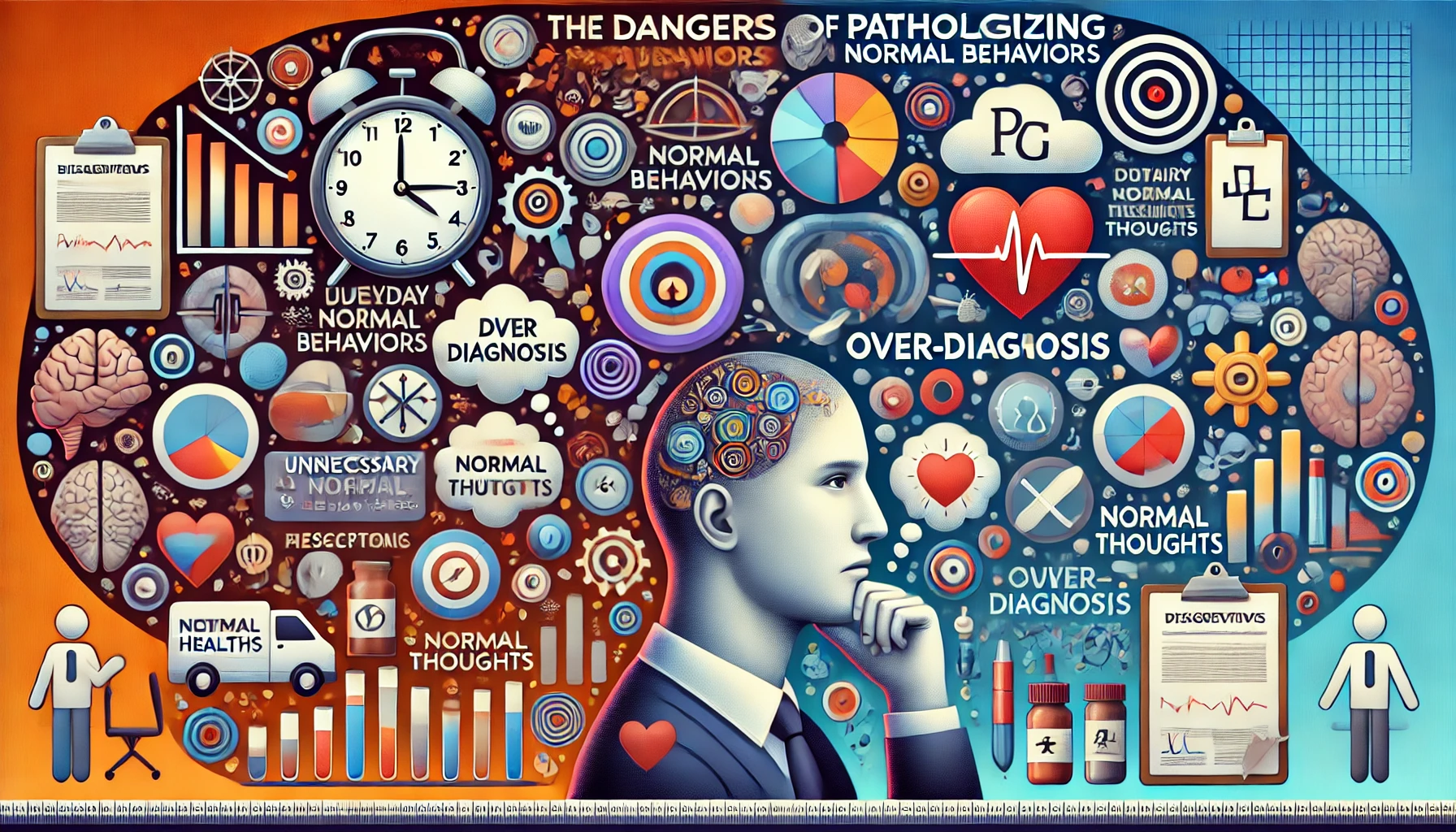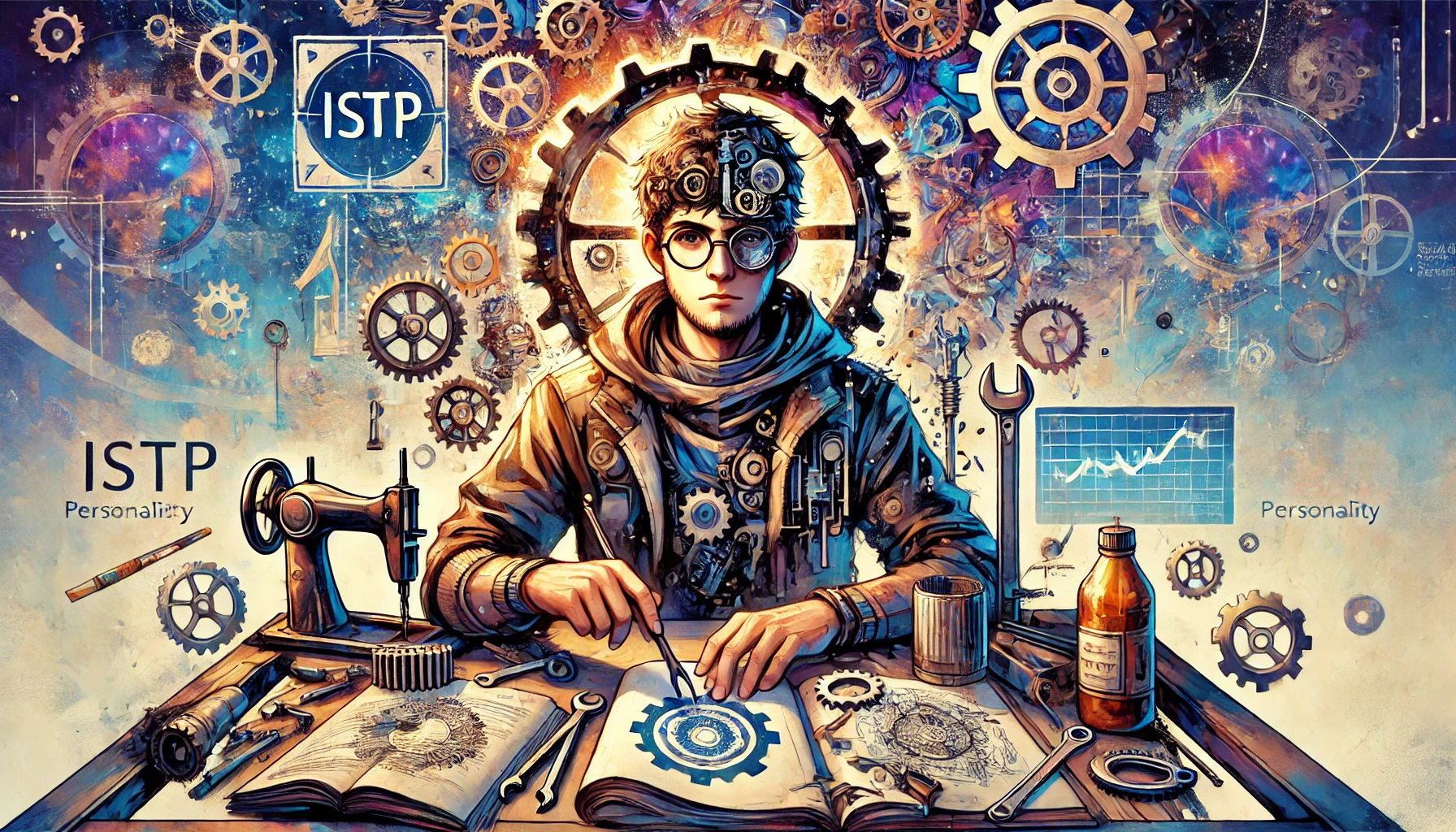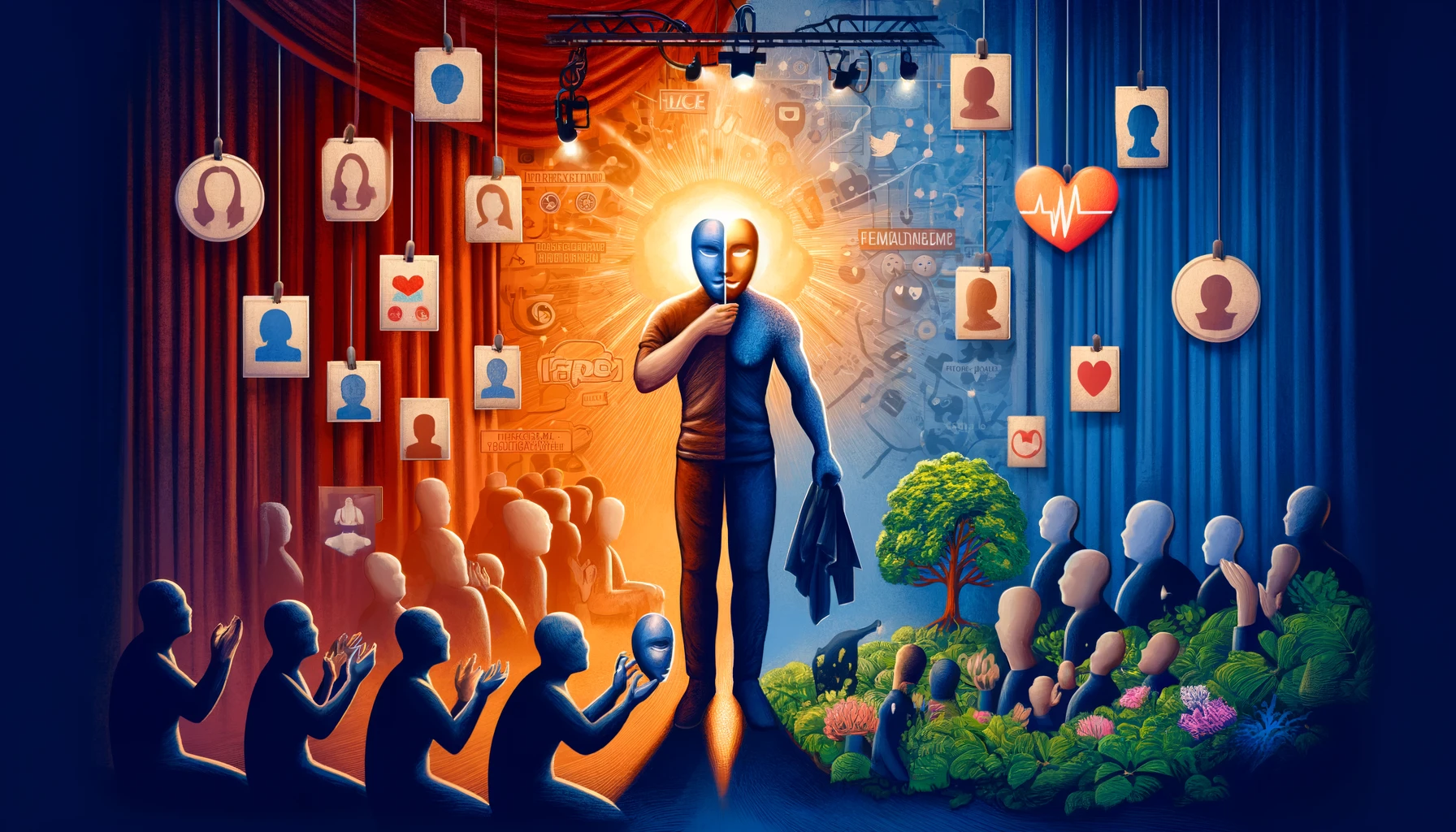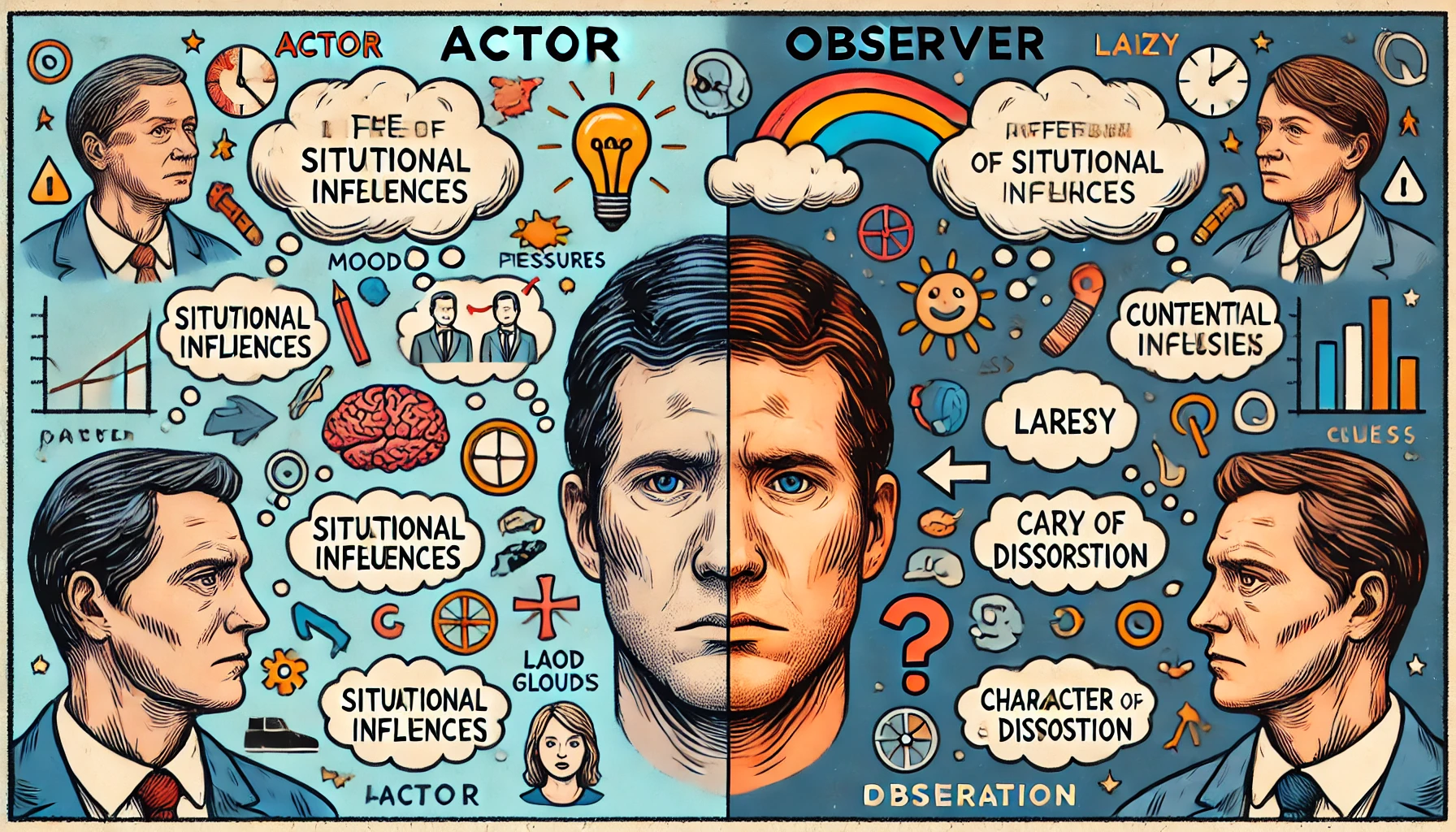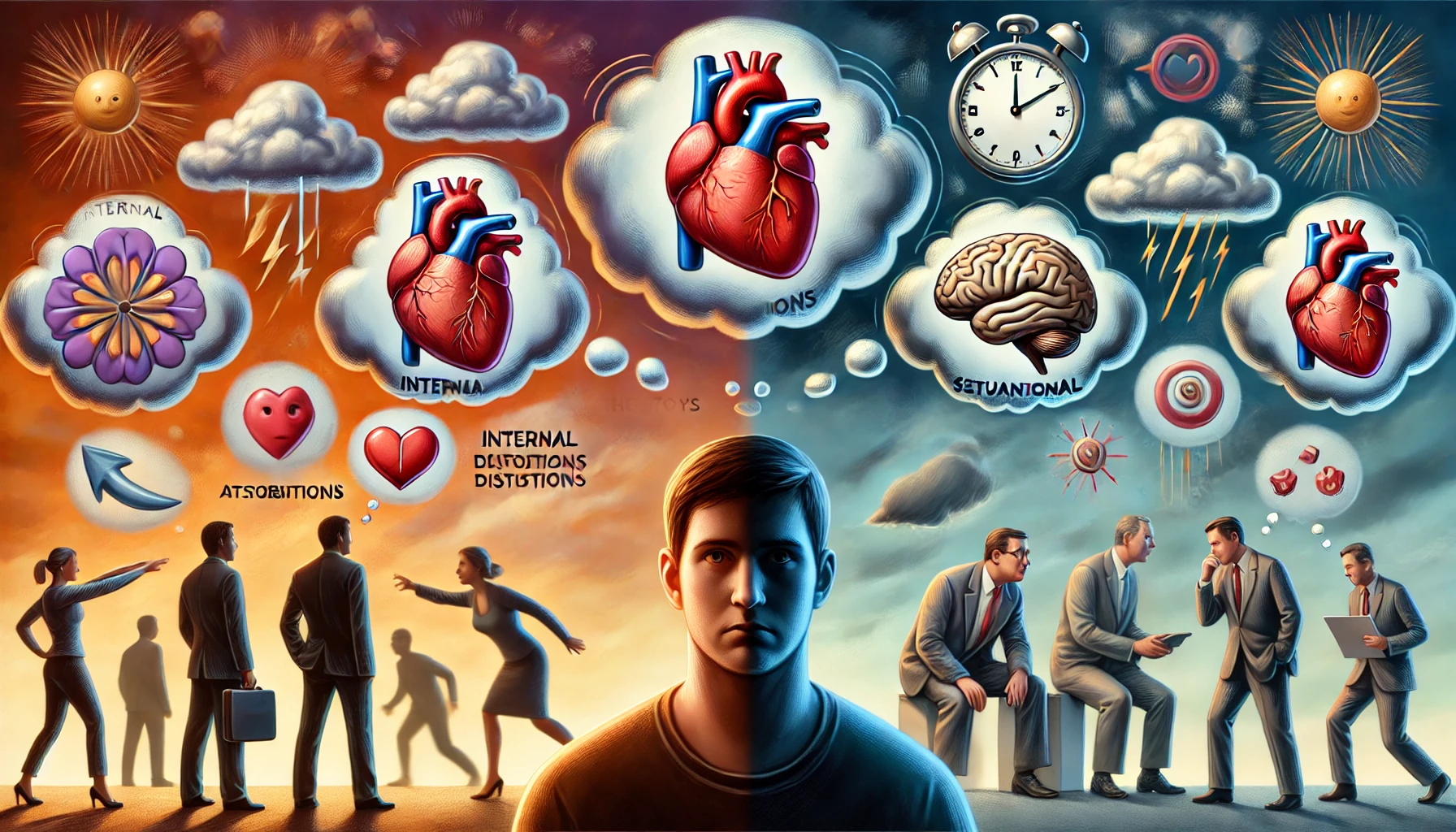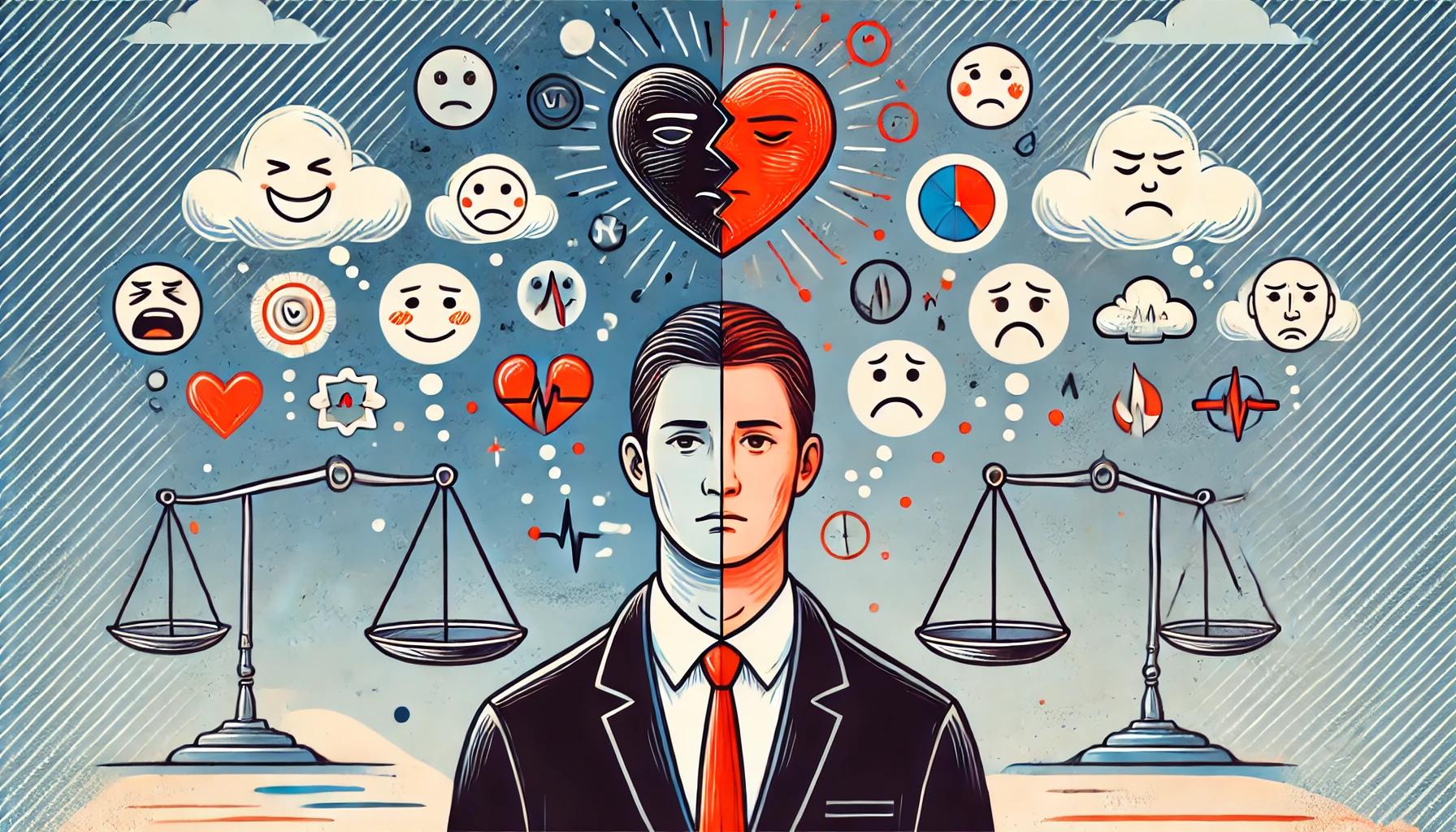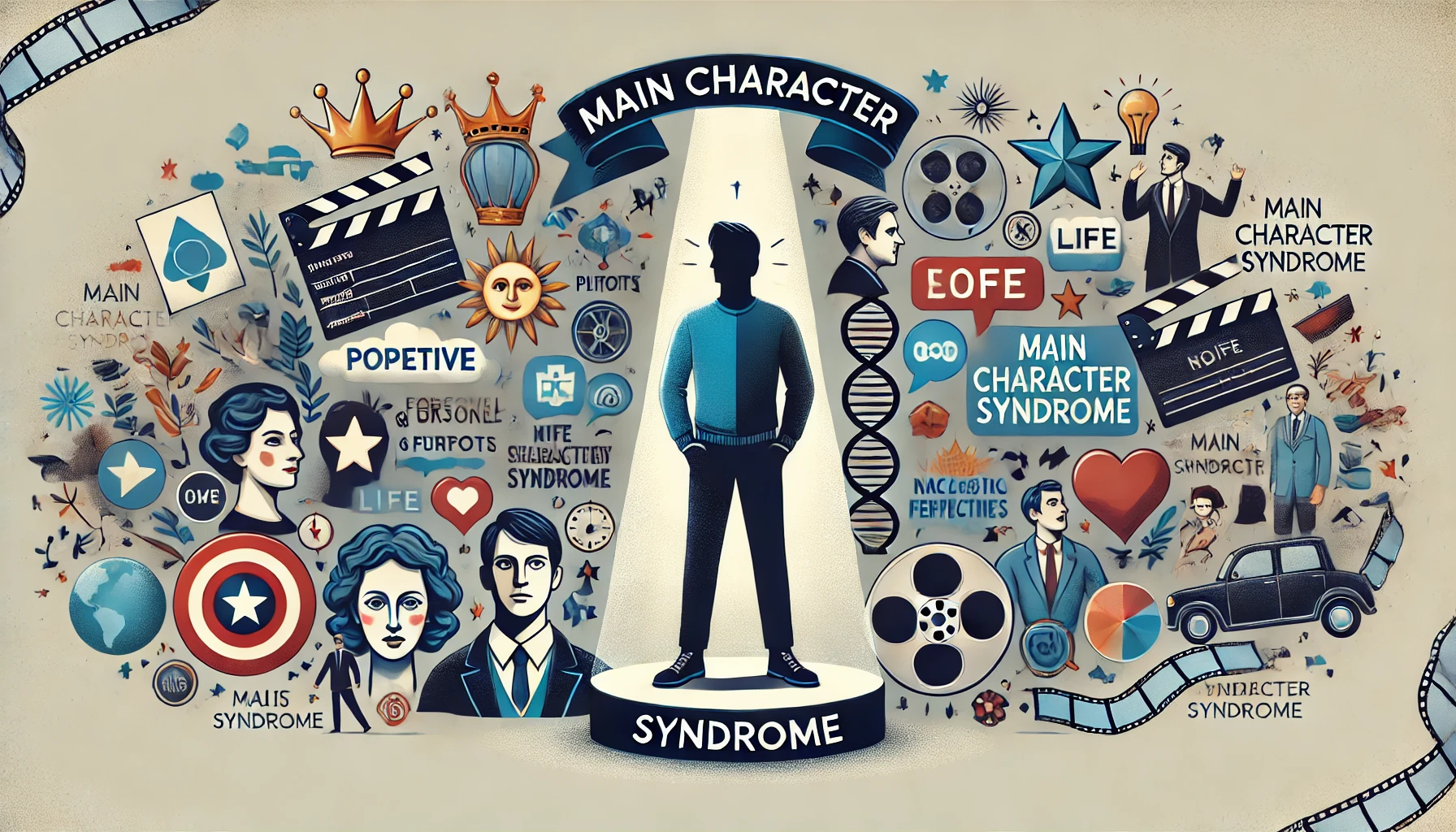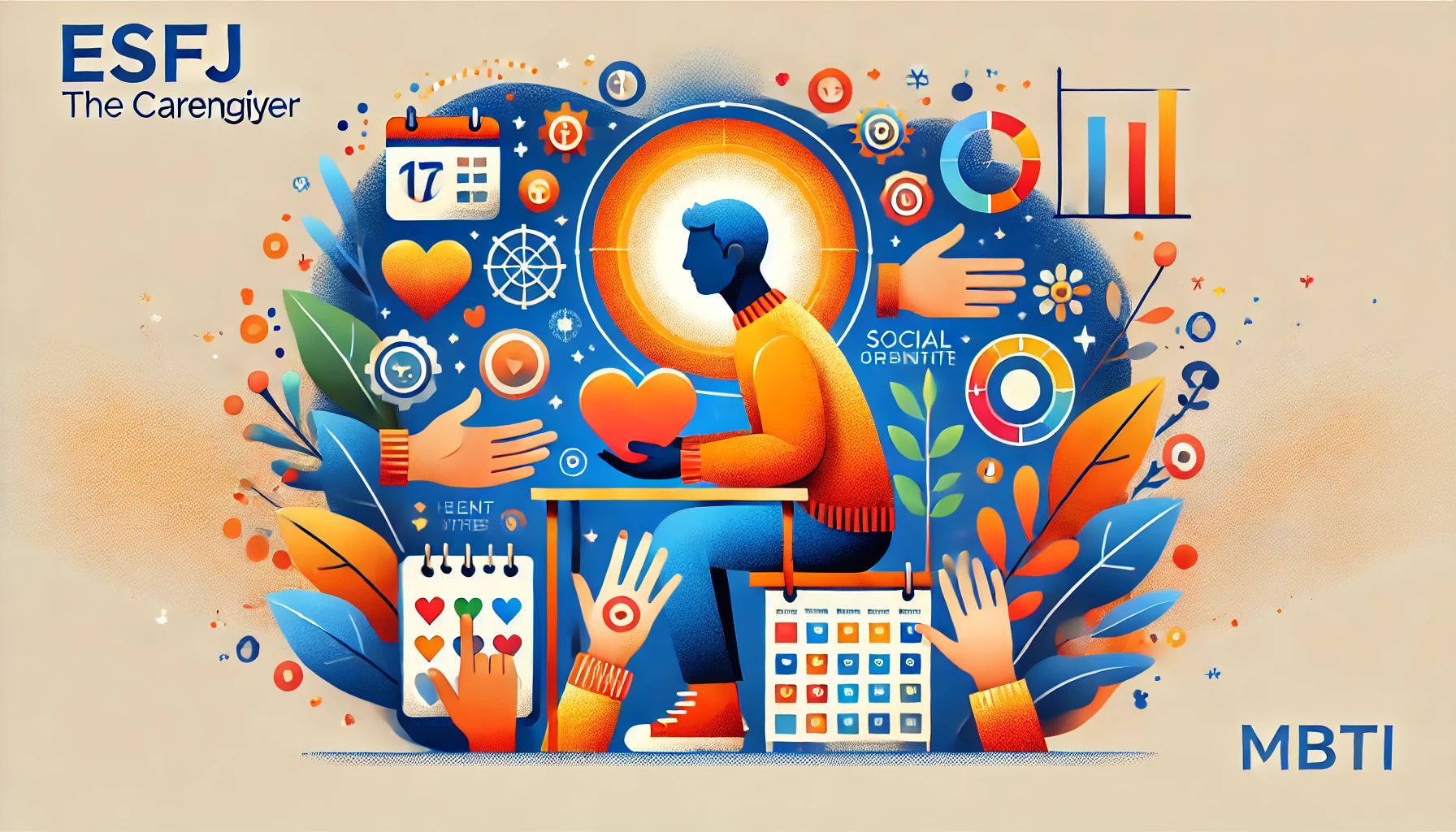Pathologize: The Dangers of Labeling Normal Behaviors as Disorders
In recent years, there has been a growing tendency to pathologize normal behaviors, turning everyday actions and emotions into medical conditions. While recognizing and treating genuine mental health disorders is crucial, the over-diagnosis and mislabeling of normal human experiences can have significant negative consequences. This article explores the dangers of pathologizing normal behaviors, the impact

 English
English
 Deutsch
Deutsch Français
Français